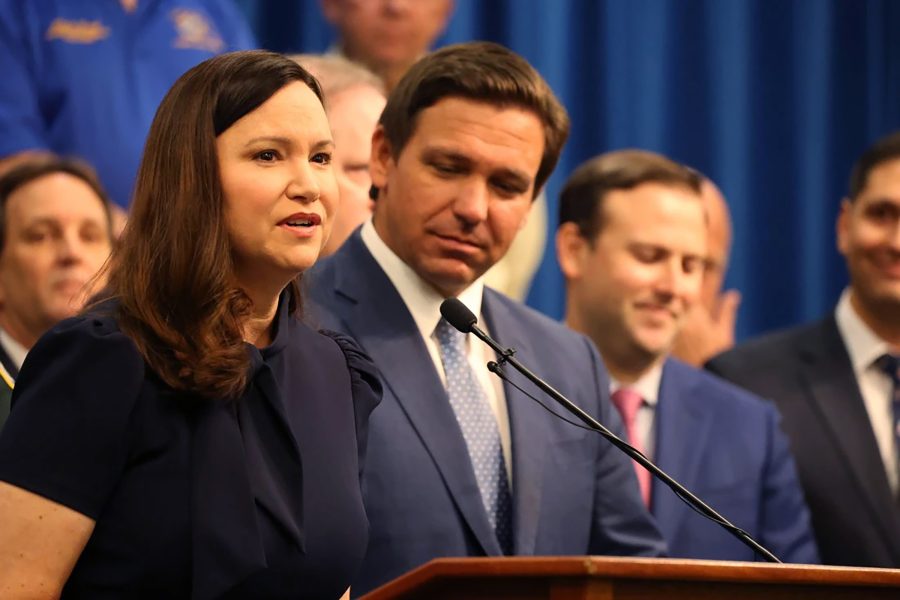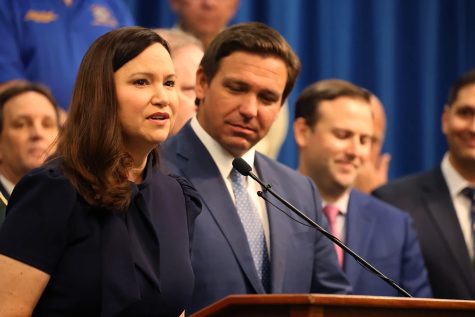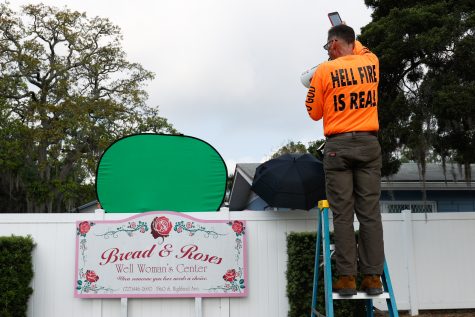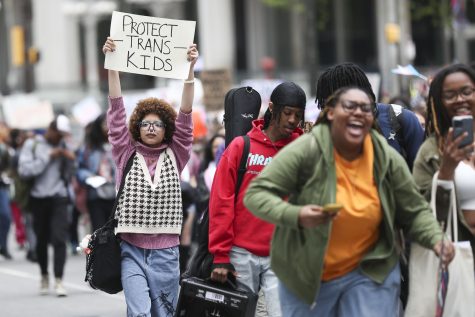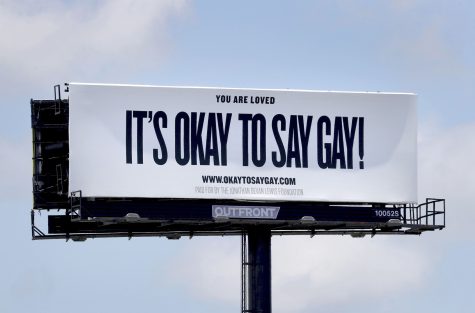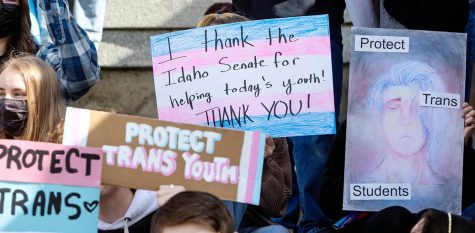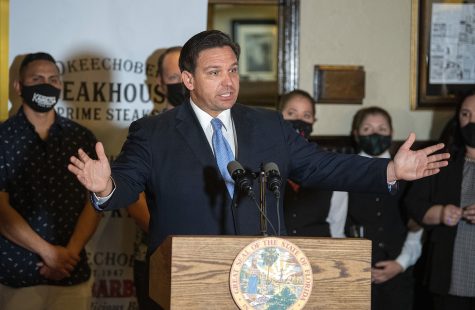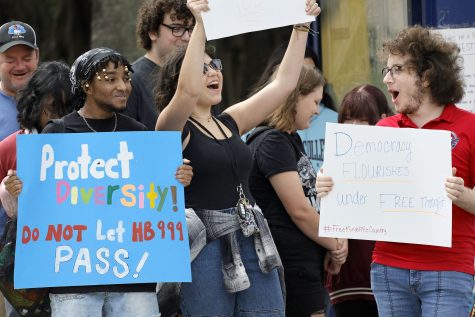AP African American Studies course revised after complaints from Gov. DeSantis
Florida’s Department of Education and Gov. Ron DeSantis rejected College Board’s proposed Advanced Placement African American studies course on Jan. 12. Originally rejected on Sept. 23, 2022 due to concerns by the FLDOE, College Board revised the course; yet, it was rejected again in the new year. With the course focused in detail on African history, DeSantis claimed that the course “lack[ed] educational value” and violated Florida law.
The official ban came from a letter sent to College Board, the company that creates and administers all AP courses, as well as the SAT. While they claim that it was not in response to DeSantis’ rejection, College Board revised and cut class material that Florida initially rejected.
The original curriculum of the course was broken down into different units: origin of the African diaspora, freedom, enslavement and resistance, the practice of freedom and movements and debates. The course also focused on the Black LGBTQ+ community, its history and current issues, and subjects regarding African Americans such as intersectionality. DeSantis rejected the course for reasons such as keeping discussions of race, sexuality and gender outside of the education environment.
“So when you look to see they have stuff about intersectionality, abolishing prisons, that’s a political agenda. And so, that’s the wrong side of the line for Florida standards,” DeSantis said at a press conference.
Specifically, DeSantis claims that Critical Race Theory, the idea that racial bias and systemic racism is inherent and unintentionally promoted in American society, is embedded in the curriculum of the course. Additionally, he claims that the course violates the law. While the law the course breaks is not stated, it can be presumed that it is the 2022 Stop WOKE Act, which prohibits oppressive conversation about race and gender in workplaces and schools in Florida.
Many people suspect College Board went back to reexamine and revise the course to eliminate DeSantis’ complaints, though College Board denies this as the reason for revisions to the course. However, scholars and professors from Yale and Columbia University endorsed the original course, believing that “it had much to offer not just about history but also about Black poetry, art and the origins of the blues, jazz and hip-hop.”
“I think knowing your history is really important, especially after it’s watered down a lot, I think this course gives you what really happened and real information,” junior Hope Jean said. “Knowing is really important because opinions can be biased if you don’t know the truth and things that have happened in history.”
When DeSantis sent the original rejection letter, the course was only in its pilot stage, meaning that it was still being tested in 60 schools. The pilot phase tests the course for a period of time, so it can be revised, and teachers and students can provide feedback. In response to the course being rejected in its early stages of development, College Board released a statement on Feb. 11 defending the conduction of a pilot phase and called out the FLDOE.
“We deeply regret not immediately denouncing the Florida Department of Education’s slander, magnified by the DeSantis administration’s subsequent comments, that African American Studies ‘lacks educational value,’” College Board Communications said. “Our failure to raise our voice betrayed Black scholars everywhere and those who have long toiled to build this remarkable field.”
The rejection and repeated edits made to the course can affect states other than Florida. If the course were to be revised to the point where it could be integrated into Florida’s schools, this would mean other states would have to receive the same curriculum, even if they did not oppose the original course. Georgia and New York already have schools that offer the course, but they may have to change the lesson plans based on the changes College Board might make.
“This course [AP African American studies] is definitely of value to students,” sophomore Isis Smith said. “Our students are our future; and to ensure that these types of events [slavery, race riots, etc.] don’t repeat themselves, we need to be informed of our history and why African Americans are discriminated against. I think that the AP course would be amazing to have here [MSD].”
While there have not been any announcements or statements regarding the course since College Board’s statement in February, the AP African American studies course is still under review in Florida.
